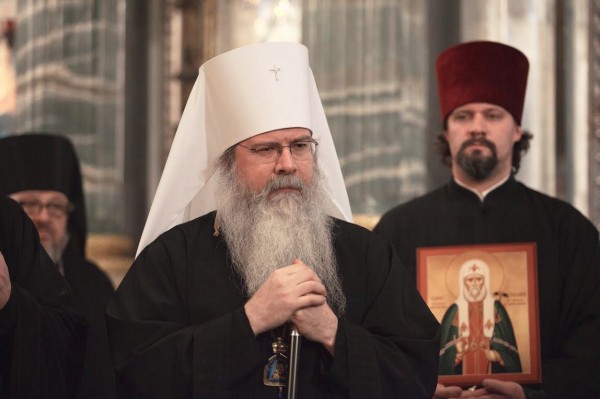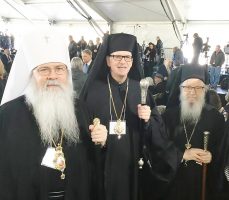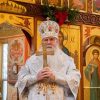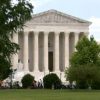“Come, O People, and today let us accept the grace of the Fast as a gift from God!”
—Matins of the First Week of Great Lent
Prayer, fasting and almsgiving. These three “pillars” of our spiritual lives are inseparable. They stand at the heart of everything we, as the People of God, attempt to accomplish for the sake of our all-merciful Savior in church, in our homes, and in our places of study and work. So central are these three ascetic practices that Christ challenges us, in the Sermon on the Mount, to approach them not as the Pharisees, who sought the praise of others, but in silence and humility and with vigilance.
In His Sermon on the Mount, Christ makes it clear that prayer, fasting and almsgiving are not “optional.” He did not say, “if you fast” or “if you give alms.” Rather, He said “when you fast… when you give alms.” He assumes that those who desire to follow Him will do these things, not by “choice,” but by conviction—and as a means of personal conversion. How often have we been remiss, failing in our daily lives to pray, fast or give to those in genuine need, seeking to excuse ourselves due to a lack of time or resources? And how often have we forgotten that prayer, fasting and almsgiving are not limited to penitential seasons, such as that which we are about to begin, but are central in our lives and witness every day, 365 days of the year?
During Great Lent, we are called to “come to our senses,” even as the prodigal son recognized the error of his ways and sought his father’s forgiveness. We are challenged to flee from the pride of the pharisee and embrace the publican’s tears. We are urged to make an essential change in the quality and pace of our otherwise hectic lives while turning our attention to those matters that are “needful” in working out our salvation. And, as we are afforded yet one more opportunity to return to our heavenly Father and seek His unconditional love, mercy and forgiveness, “repositioning” Him at the very center of our lives, second to none. Enrolling as we are in the “School of Repentance,” we pray, fast and give alms as a means of grasping anew the need to prepare for the great and glorious Pascha which, in turn, offers us a foretaste of the Kingdom yet to be fully revealed, but already fully present in our midst in the life of the Body and Bride of Christ, the Church.
May our Lenten efforts not be seen as a burden—our Lord takes on our burdens and lightens our yokes—but as an opportunity to “come to oursenses” by imitating the One Who Himself prayed, fasted and gave alms—or rather, gave His very life—for us. Certainly, we cannot do less during the impending season of “bright sadness” as we embrace “the Light never overcome by darkness” Who leads us “from death to life, from earth to heaven.” May all that we do and experience during this most holy time of preparation serve to glorify Him, that through us “God in all things may be glorified through Jesus Christ” [1 Peter 4:11].
Humbly asking your forgiveness and assuring you of my prayers for the Lenten journey, I remain
With love in Christ,
+ Tikhon
Archbishop of Washington
Metropolitan of All America and Canada



















